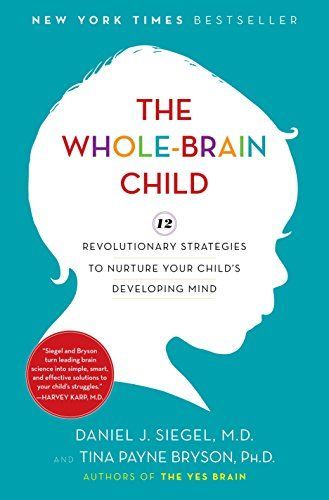
The Whole-brain Child 12 Revolutionary Strategies to Nurture Your Child's Developing Mind
Outlines 12 key strategies for fostering healthy brain development in children to promote a calm and happy outlook, explaining how challenging child behaviors are rooted in immature left and right brain coordination and how parents can make informed adjustments to enable positive learning experiences.
Reviews
Sarah Schumacher@smschumacher
Jonathan Tysick@jtsick6
Ammar Alakkad@ammarcodes
Ugis@vilcans
Tri@tri
Nicole Neuman@nicoleneuman
Maddie@maddie
Gabe Cortez@gabegortez
Janae@jmarieschu
Chana@chanasoll
Brendan M@bmaclean05
Andrei Stanciu@andreistanciu
Melissa M.@mbminard
Rebecca Grandison @bookbu79
Kaytlin Heisterman@nameherkaytlin
Andre Schweighofer@dre
Ben Jenkins@benjenkins
Alexandra Sklar@alexandrasklar
Magnus Dahl@gorillotaur
Raúl Barroso Moreno@raulb
Randi Sera@ratherreadrandi
Mirella Hetekivi@euphoricdopamine
Cassie Bricker@cassieb73
Amanda Schutz@amandaschutzie